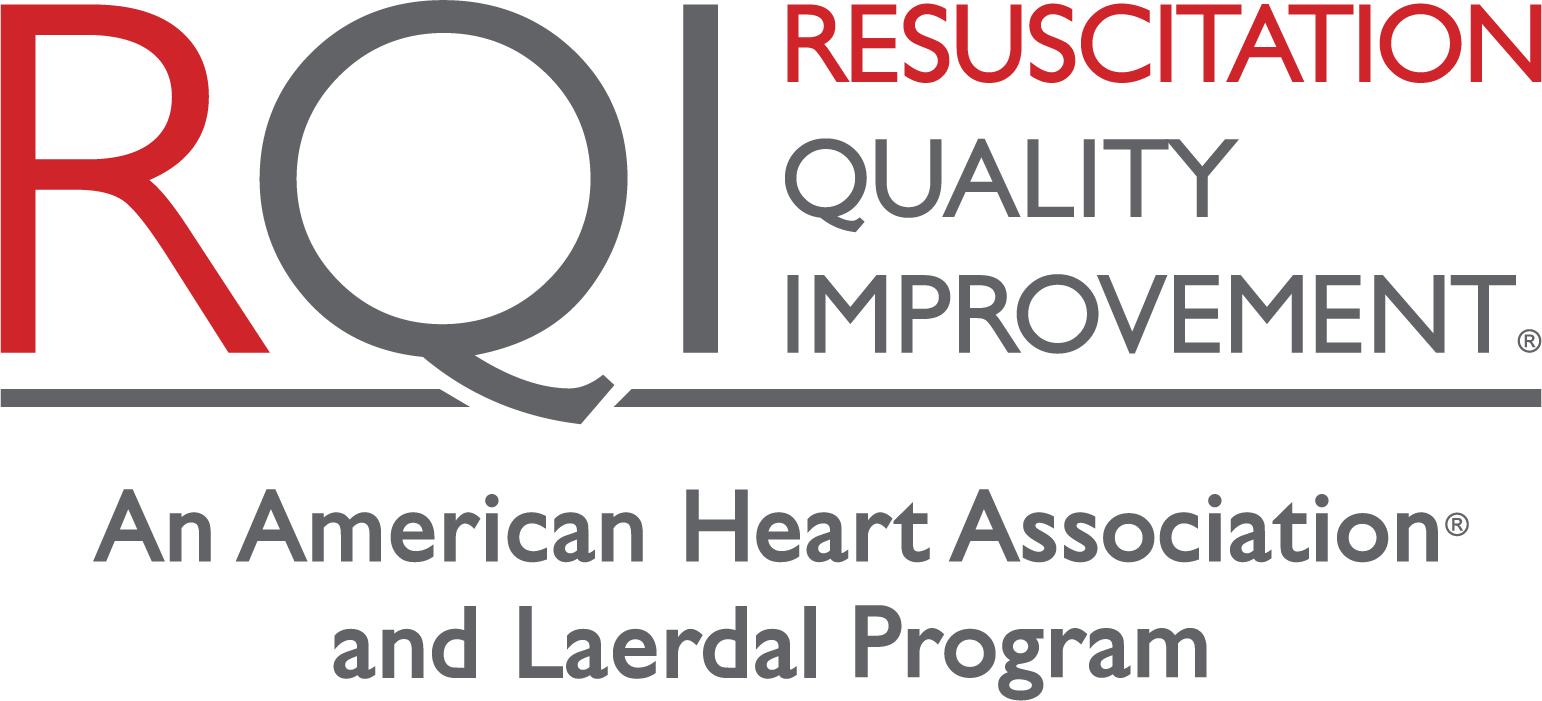Sabogal-Rodriguez, C. Nursing and Health Sciences Research Journal. 2024
Importance of Conclusion
Despite advances in resuscitation science, cardiac arrest remains a leading cause of death in the U.S. with traditional CPR training leading to skills decay within 3 months. Healthcare providers must be prepared to deliver high-quality CPR at any given moment, emphasizing the need for competent and confident staff with the mastery of CPR skills. This study aimed to examine the impact of the low-dose, high-frequency model of RQI for CPR education on nurses’ confidence and proficiency in performing CPR skills over time.
Key Points
- The study was conducted with nurses in a large healthcare system comprising 12 hospitals, 2 emergency departments and over 100 outpatient facilities over a 3, 6 and 9-month period.
- The results showed a significant increase in both confidence and competency levels as exposure to the RQI program increased.
- At baseline, nurses reported a mean CPR score of 64.63 with improvement to 84.65 at 3-months, 94.92 at 6-months and 98.95 at 9-months in the RQI program.
- The number of attempts to achieve the minimum acceptable score for adult ventilations, adult compressions, infant compressions and infant ventilations decreased with time in the RQI program.
- Nurses’ competency scores increased from a mean of 64.90 at baseline with an overall 32.54 percentage increase to 97.44 at 9-months.
- Nurses’ confidence scores had significant improvement with the RQI program, increasing from 55.25 at baseline to 84.65 at 3-months, 94.92 at 6-months and 98.95 at 9-months.
- The increase in nurses’ confidence and competency can be attributed to several factors of the RQI program, including regular, hands-on practice sessions, simulated scenarios, and performance feedback in a structured educational intervention.
- Hospitals and healthcare institutions should consider integrating similar educational programs into the training curricula to enhance nurses’ preparedness in responding to cardiac emergencies.
Read the article
